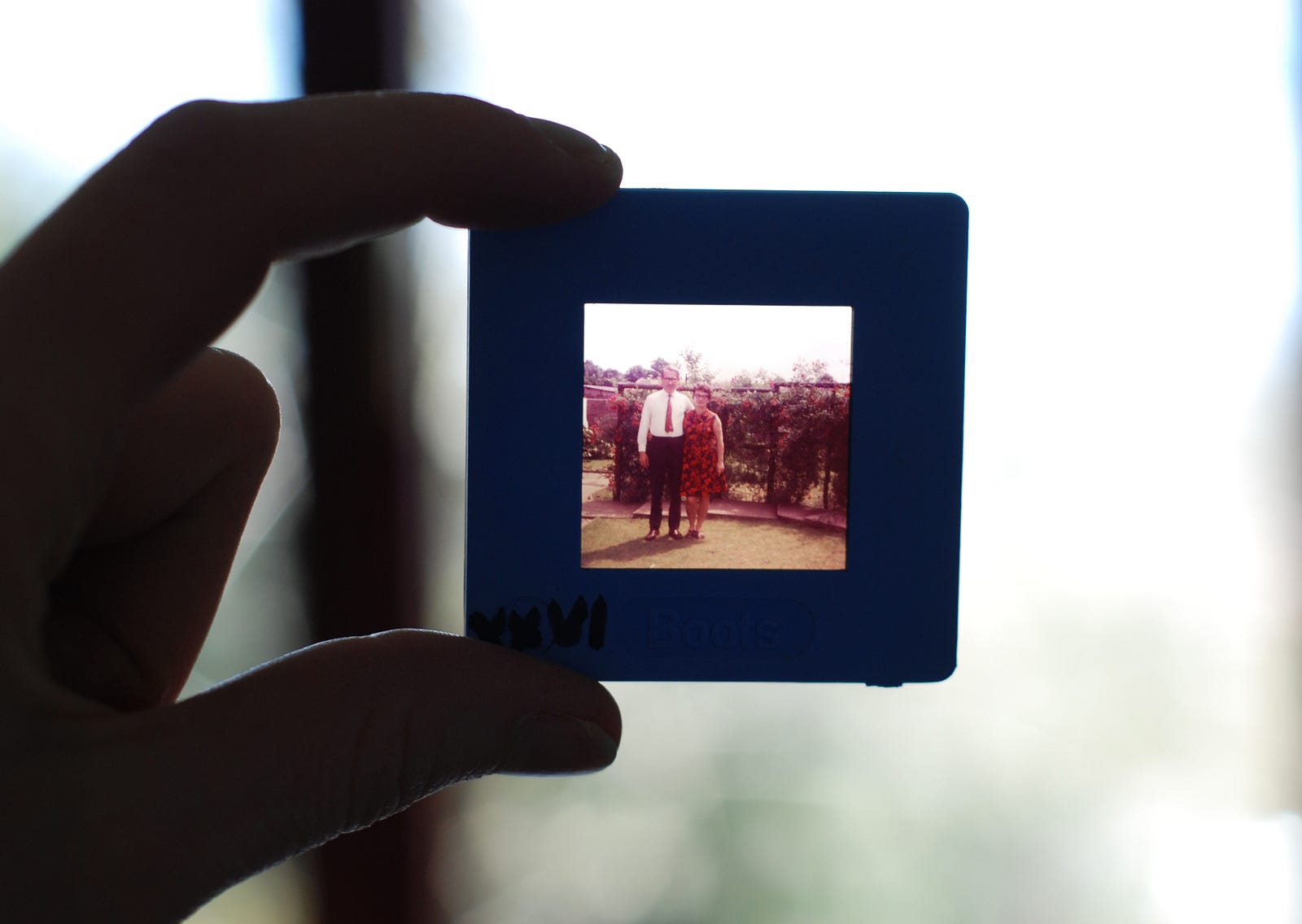MY COLLEAGUE AND FRIEND ERIC COMPLIMENTED ME on my memory today. His kindness prompted me to think about my four simple techniques for sharper recall. How can you use small maneuvers to upgrade your memory?
Our memories are the essence of our lives, woven intricately into the tapestry of our personal histories. They define who we are, preserving the vivid recollections of cherished moments and significant achievements.
In his fantasy short story “Funes the Memorious,” Argentine writer Jorge Luis Borges’ title character Ireneo Funes falls off a horse and suffers a terrible head injury. Funes acquires the amazing talent — or perhaps we should call it a curse — of remembering everything in precise detail.
Alas, Funes is unable to grasp abstract ideas. First published in La Nación in June 1942, the story appeared in the 1944 anthology Ficciones, part two (Artifices).
https://newcancerinfo.com/media/d6b0a32861b1230feb780a4bb696129d
Funes acquires the amazing talent of remembering everything — or perhaps we should call it a curse.
As a Borges fan, I had to include a small taste of this extraordinary writer’s works. From his 1935 debut with The Universal History of Iniquity through his influential collections The Aleph and Ficciones, these quirky, enigmatic, and highly imaginative inventions display Borges’ prowess.
Memories Are the Building Blocks of Identity
From the exhilarating sunrise hikes that fill our souls with wonder to the tender moments shared with our children, our memories are the building blocks of our identities.
However, as time passes, we may struggle to recall those precious details that make our experiences unforgettable.

In the following sections, I will share the five simple techniques I’ve discovered that have transformed my memory recall, enabling me to preserve the beauty of my personal experiences, relationships, and professional endeavors.
With these techniques, you, too, can embark on a journey to upgrade your memory, unlocking the power to cherish and remember the moments that shape your personal history.
1. Embrace the Space Effect
I enjoy quoting the clinical literature on my hospital’s many tumor boards. This cancer management process includes a group of cancer-related clinicians. We review and discuss new and complex cancer cases.
The goal of a tumor board review is to determine as a group the optimal management plan for a patient. These meetings can involve specialists from many areas of health care, including surgeons, medical oncologists, radiation oncologists, pathologists, radiologists, genetics experts, nurses, physical therapists, and social workers.
How can I remember reams of clinical information? Spaced repetition is a key element.
Spaced repetition is a learning technique that involves reviewing and revisiting information at intervals over time.
The approach is based on spaced learning, which suggests that information is better retained when presented and reviewed in a spaced-out manner rather than in a single session.
The idea behind spaced repetition is to optimize memory retention by strategically spacing out the intervals between each review session.
The effectiveness of spaced repetition lies in its ability to leverage the spacing effect, a phenomenon in cognitive psychology where information reviewed at spaced intervals is better remembered and retained in long-term memory.
By gradually increasing the intervals between each review session, spaced repetition helps reinforce and strengthen the neural connections associated with the learned information. This process facilitates better long-term retention and retrieval of learned knowledge or skills.

Spaced Repetition
Can you use this technique? Spaced repetition is not limited to any specific domain of learning. It has been widely used in various fields, including language learning, memorizing facts and vocabulary, and studying complex subjects.
I use spaced repetition to study Japanese kanji. I also read (ad re-read) important oncology journal articles using the spaced repetition method.
In summary, spaced repetition is a powerful learning technique that leverages the spacing effect to enhance long-term retention and retrieval of information.
Whether you’re learning a new language or studying complex subjects, incorporating spaced repetition into your learning routine can be a valuable strategy to enhance your memory and learning abilities.
2. Switch It Up
A second key to optimizing my memory is to shift gears. If I find spending too much time on one topic frustrating, I switch to something else.
Traditional practice methods center on a brute-force approach. The same information is repeatedly studied. I prefer the alternative approach of interleaving (also known as varied or mixed practice).
Interleaving systematically integrates various forms of skills of information during practice. Rather than dedicating prolonged periods to a single topic, interleaving introduces frequent shifts between related but distinct tasks.
For example, instead of studying breast cancer exclusively for an hour, interleaving would involve alternating between lung cancer, basic science about cancer, and breast cancer within that timeframe.
Interleaving benefits
- Enhanced Retention: Interleaving challenges the brain to continually retrieve and distinguish between related information, leading to stronger memory formation. The cognitive effort required to switch between concepts or skills enhances my brain’s ability to recognize patterns and retain knowledge for extended periods.
- Deepened Understanding: By interleaving different topics or skills, I am forced to actively compare and contrast the underlying principles, connections, and problem-solving strategies. This approach promotes a more comprehensive understanding of the subject matter, encouraging me to recognize the similarities and differences between related concepts.
- Transfer of Learning: Interleaving enables learners to develop flexible thinking and apply knowledge to diverse scenarios. By practicing different concepts together, I can recognize when and how to apply specific strategies or techniques, ultimately facilitating the transfer of learning to real-world situations.
- Overcoming Illusions of Mastery: Traditional massed practice can create an illusion of mastery as learners become proficient at solving similar problems consecutively. However, interleaving reveals gaps in understanding and exposes learners to a wider range of problem types, challenging them to apply their knowledge in more varied contexts. This process helps learners identify areas that require further study and reinforcement.
In 2009, Stambaugh showed that beginning clarinetists and university woodwind players, in which players of both experience levels, could play significantly faster following interleaved practice than blocked practice.

Switch It Up
In my piano practice, I interleave various musical pieces or techniques during practice sessions, allowing me to develop a broader repertoire and adapt my skills to different musical styles.
I also use interleaving to study Japanese. When studying vocabulary, I mix words from different categories, such as fruits, animals, and verbs, rather than studying one category at a time. This approach improves memory recall and helps learners recognize words in different contexts.
Finally, I interleave in my sports training, practicing different skills or drills during training sessions, enhancing my ability to adapt to changing game scenarios and improving overall performance.
In summary, interleaving is a powerful means to optimize memory and promote effective learning. By actively mixing different topics, concepts, or skills during study sessions, I experience enhanced retention, deepened understanding, improved transfer of learning, and a more accurate assessment of my knowledge.
3. Move For 10 Minutes
If you read my pieces, you probably don’t need me to tell you that I enjoy keeping your body moving. Fortunately, you get more than a physical benefit; it turns out that light exercise is good for memory.
Tusuba (Japan) researchers report the following:
Ten minutes of light exercise improves connectivity between the brain areas responsible for forming new “episodic memories” related to event details.
In brief, very light exercise rapidly enhances hippocampal memory function. Here’s what I previously had to say about the topic:
Exercise Improves Memory
Connecting various workout types with memory improvements.medium.com
4. Stay Socially Active
Social interactions play a crucial role in shaping our memories and cognitive processes. Social interactions expose us to many experiences, conversations, and emotions that impact our memory systems.
These interactions range from casual conversations with friends to intense debates or significant life events.
Our memories of these social encounters are not only influenced by the content of the interaction but also by the emotional context, the people involved, and the overall social dynamics at play.
The social nature of these interactions often enhances memory encoding and retrieval processes, as we remember information better when it is socially relevant or meaningful to us.
Furthermore, social interactions serve as a rich source of social information and contribute to constructing our social identities. As we interact with others, we develop a sense of self about others, and these interactions become part of our autobiographical memory.
Our memories of social interactions shape our understanding of ourselves and influence our perceptions of others and the world around us.
These memories can impact our attitudes, beliefs, behaviors, and future social interactions. In this way, memory and social interactions are intricately connected, forming a dynamic interplay that shapes our social cognition and functioning.
I am blessed to have a rich community around me, including family and friends. Many patients, especially my retired male ones, do not have rich interpersonal interactions.
Final Thoughts on My Memory Upgrade
There are many practical ways to enhance your memory for the long term. But whether you embrace spaced repetition, interleaving, getting some physical activity, or socializing, these simple strategies can enhance your memory.
The information I provided in this blog is for educational purposes only and does not substitute for professional medical advice. Please consult a medical professional or healthcare provider for medical advice, diagnoses, or treatment. I am not liable for risks or issues associated with using or acting upon the information in this blog.
Thank you for reading “My Memory Upgrade.”




